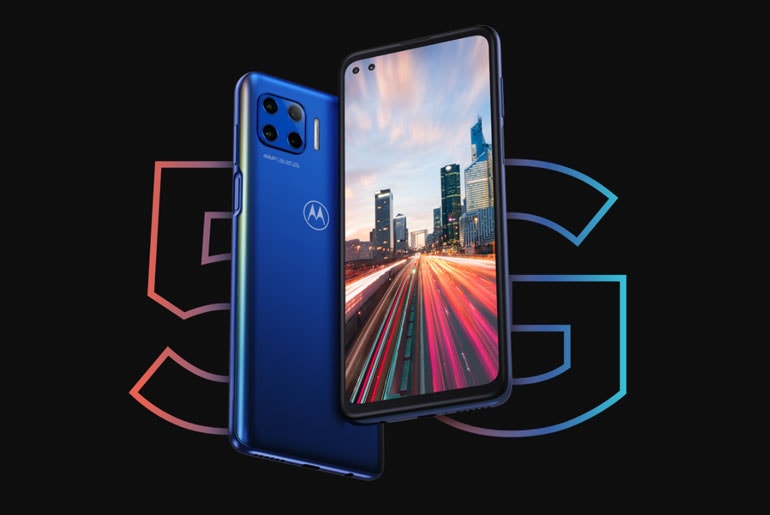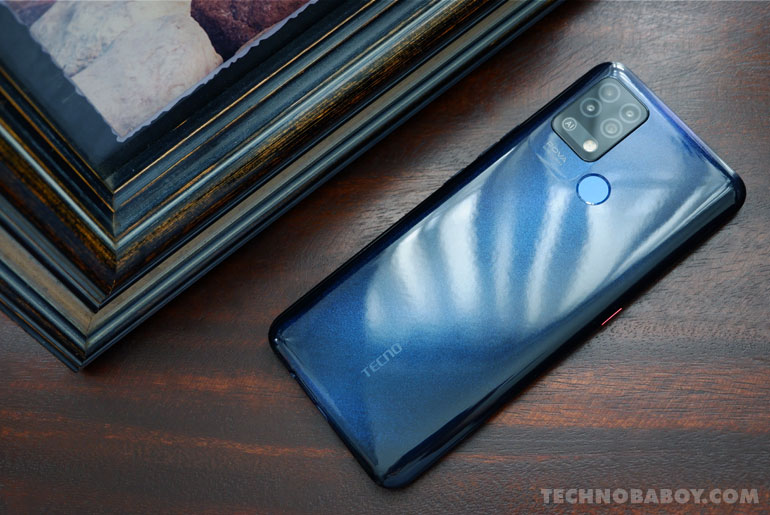Removing the Earphones and Charger - The Good and The Bad - Android
Apple’s decision to remove the earphones and charger in select iPhone models has raised many eyebrows. The company mentioned several environmental reasons, including reducing...
The post Removing the Earphones and Charger: The Good and The Bad appeared first on YugaTech | Philippines Tech News & Reviews.
Apple’s decision to remove the earphones and charger in select iPhone models has raised many eyebrows. The company mentioned several environmental reasons, including reducing carbon emissions. While we can agree that huge companies like Apple should take significant steps to save the environment, is removing these accessories really beneficial?

The announcement to remove the earphones and charger in iPhone packages was made during the iPhone 12 series keynote.
Lisa Jackson, Apple’s VP of Environment, Policy and Social Initiatives, said that the company plans to have net zero climate impact by 2030 across its entire business, from material collection, manufacturing, assembly, transport, customer use, charging, recycling and material recovery. All of it will be 100% carbon neutral. And the ditching of earphones and chargers is part of that plan.

Jackson said that customers have over 700 million Lightning headphones and over 2 billion Apple power adapters. Removing these from the package “reduces carbon emissions and avoids the mining and using precious materials.”
Without the said accessories, Apple can now use a smaller and lighter box, allowing it to fit 70% more product in a shipping pallet. In other words, Apple can ship more products and improve logistics while at the same time, reduce carbon emissions.
Apple is actually making sense here, but what is the direct effect on us consumers?
One of the best ways to find out is to imagine yourself buying a new iPhone 12. When you receive it from the store or in the mail, you can expect a smaller package. Assuming you’re the type of person who keeps the box, you’d be glad that it’s smaller and easier to store.
You then grab your existing charger and Lightning cable, assuming that they’re still working, plug the iPhone in, and you’re good to go. For audio, you pick up your old Lightning earphones or supported wireless earphones, and you’re good. Congratulations! You repurposed your old iPhone accessories and didn’t contribute to e-waste.
Now, let’s imagine a different scenario. It’s your first iPhone. You open the box, take the phone and USB-C to Lightning cable, only to find out that you don’t have a USB-C wall charger. Buying the 20W USB-C Power Adapter from Apple will cost you PHP 1,190, serious money for a power adapter.

For audio, you also realize that you’re one with a 3.5mm audio jack. Sadly, the newer iPhones no longer support this wired connection, and the iPhone 12 package doesn’t come with the EarPods with Lightning or Lighting to 3.5mm adapter. Getting the EarPods costs PHP 1,190 while the adapter costs PHP 590.
The worst-case scenario for a new iPhone 12 owner is to shell out an extra PHP 2,380 for the power adapter and Lightning EarPods to get the “full” package.

It doesn’t stop there, though, as there’s also the case of the wireless charger. You have two options if f you want to take advantage of the iPhone 12’s wireless charging, go with a standard Qi wireless charger with a slow 7.5W charging, or go with the new MagSafe with 15W. While you may have a Qi wireless charger lying around, the MagSafe charger costs USD 39 (~PHP 1,890).
Based on these observations, the only clear winner I see here is Apple. Even if you’ve successfully repurposed your old accessories for the new iPhone, you’re still paying a premium and still enticed to purchase more accessories so you can use its latest features.
Not to mention that Apple’s proprietary cables are not exactly known for its durability. The old cable you’re using on your iPhone 12 might breakdown soon, forcing you to use its USB-C cable, which in turn might also require you to purchase a USB-C power adapter.
So, is Apple doing something to help the environment? I think yes, but at the consumer’s expense since the price of the products isn’t getting any cheaper. But I don’t see it as a win for the environment when their products force or entice users to purchase more than they have to. It’s like buying expensive fruits in the market only to find out that you’ll have to purchase their plastic bag since they don’t support the paper bag you have with you.
If Apple really wants to help the environment and reduce e-waste, they should design products that discourage unnecessary spending. Products that are durable and future-proof (LIKE CABLES and EARPHONES THAT DON’T BREAK AFTER A FEW WEEKS!), support other standards like USB-C and not throttle other existing technologies like Qi. Other smartphone brands should do the same. That way, consumers shouldn’t be encouraged to spend. Give us the chance to save money.

However, I doubt that Apple will do that as accessories are one of its cash cows. Even if you go third-party, Apple still earns from those companies through licensing fees, thanks to their MFi program. In Apple’s report for fiscal Q3 2020, the company raked in USD 6.45 billion in revenue for the Wearables, Home, and Accessories category. A 16.74% increase from last year. I wonder what’s their revenue for Q4 now that there’s MagSafe.
So, yeah. Apple is probably doing something great to help the environment, but I don’t totally buy into the remove-the-earphones-and-charging-brick-for-the-environment move. But since we’re already here, I hope that Apple produces durable and future-proof accessories that are worth buyer’s money moving forward.
The post Removing the Earphones and Charger: The Good and The Bad appeared first on YugaTech | Philippines Tech News & Reviews.
27/10/2020 07:30 AM
Moto G 5G plus - Cheapest 5G phone in the Philippines
27/10/2020 09:27 AM
Samsung Odyssey G9 and G7 gaming monitors now available in the Philippines
27/10/2020 10:23 AM
Helping the environment just got easier with WWF-PH’s online partners
27/10/2020 07:49 AM
LG TONE Free HBS-FN7 now official
27/10/2020 04:23 AM
TECNO POVA review - Helio G80 on a budget
27/10/2020 03:20 PM
Redmi K30S - Snapdragon 865, 144Hz display, 5000mAh battery
27/10/2020 10:51 AM
Doogee S96 Pro now official
27/10/2020 06:09 AM
- HEALTH
- Comics
- Libraries & Demo
- Sports Games
- Racing
- Photography
- Transportation
- Media & Video
- Sports
- Health & Fitness
- Weather
- Medical
- Cards & Casino
- Arcade & Action
- Personalization
- Social
- Communication
- Productivity
- Casual
- Shopping
- Tools
- Brain & Puzzle
- Business
- News & Magazines
- Finance
- Lifestyle
- Music & Audio
- Entertainment
- Travel & Local
- Books & Reference
- Education










